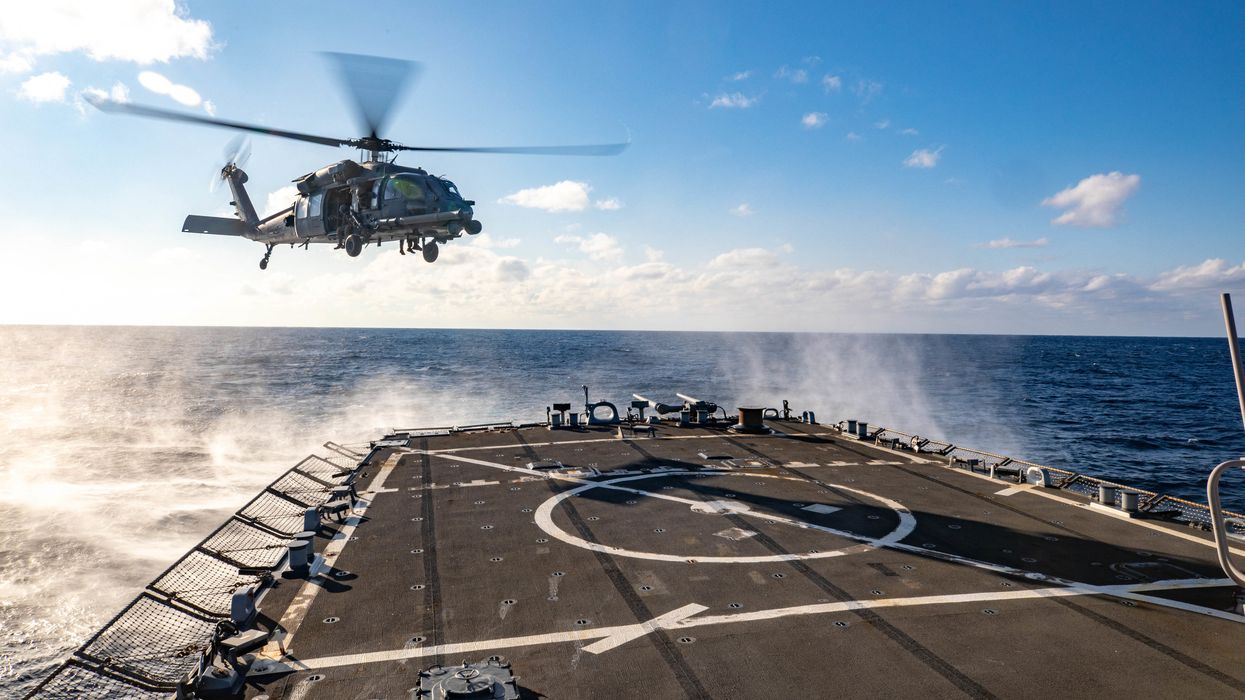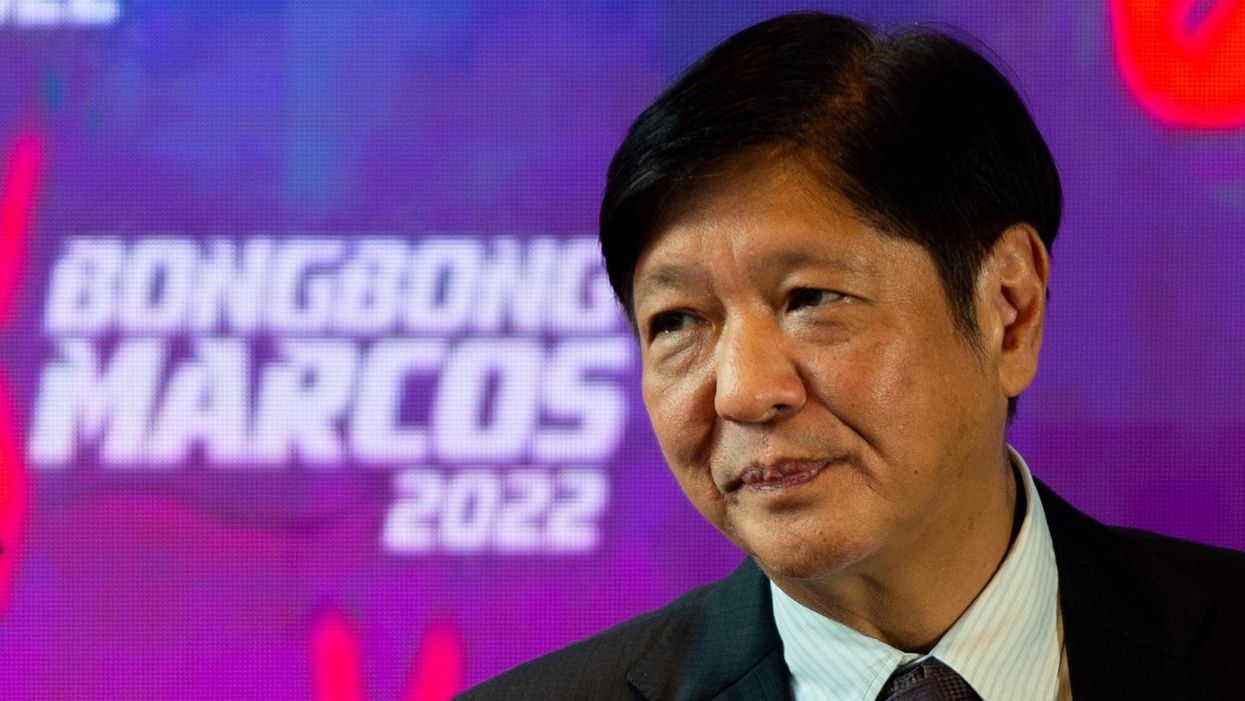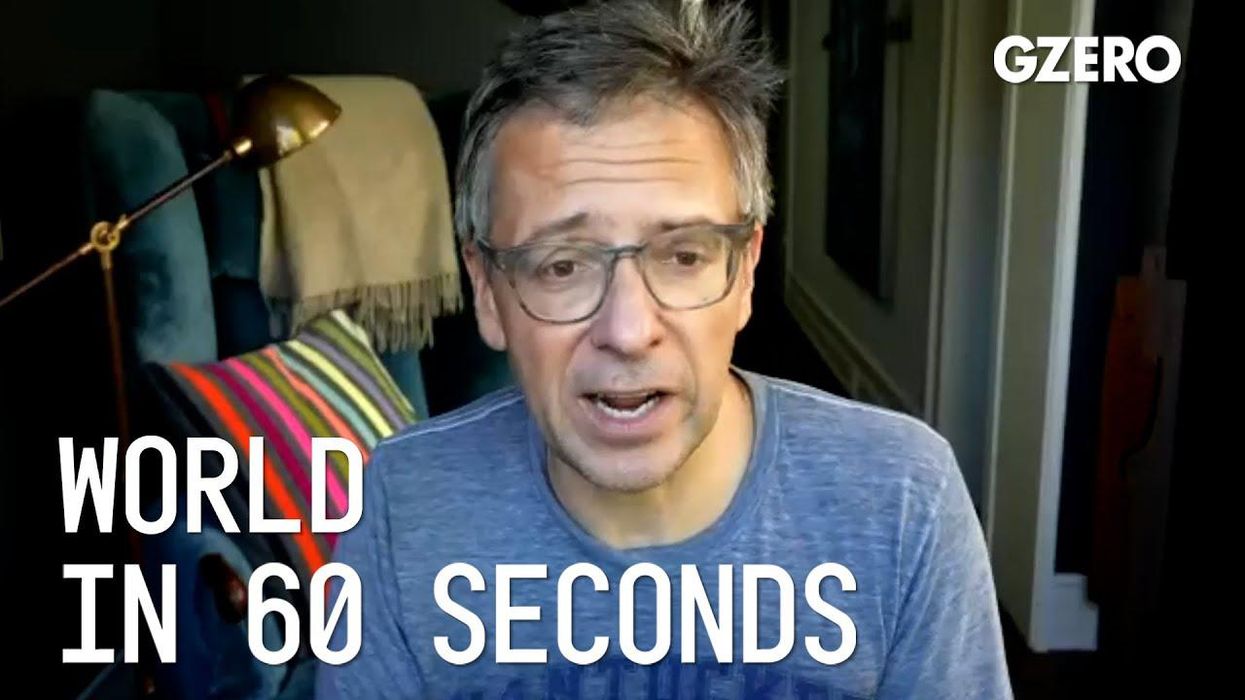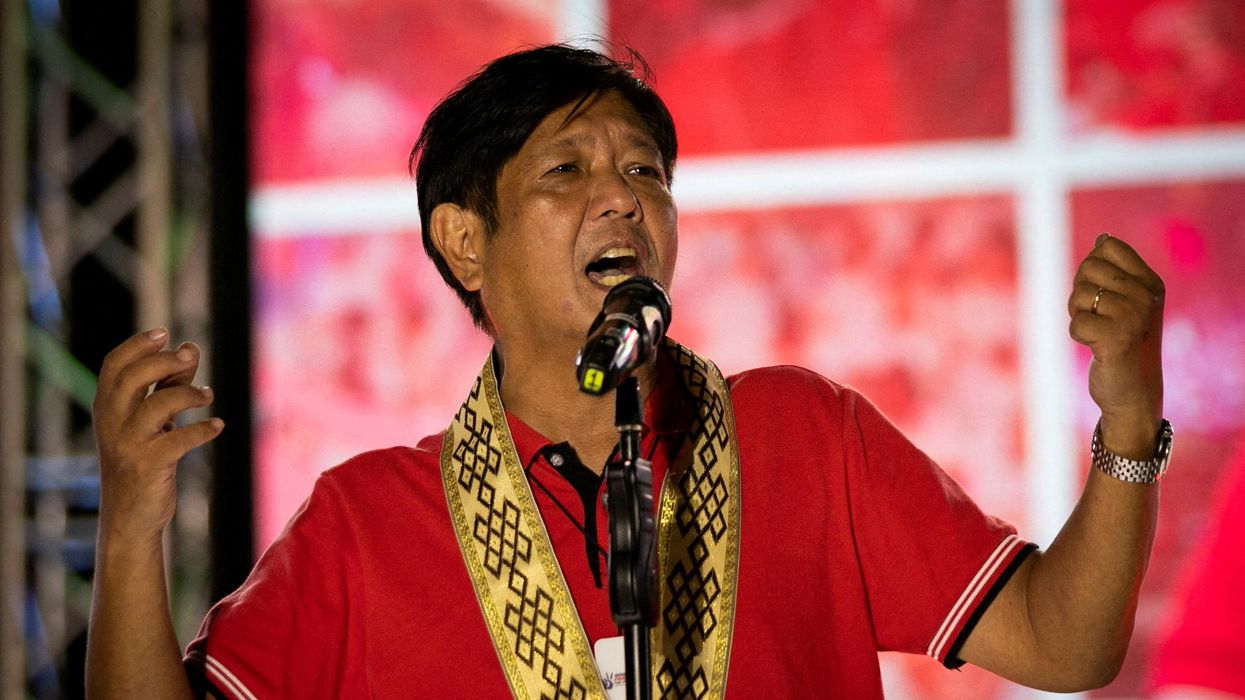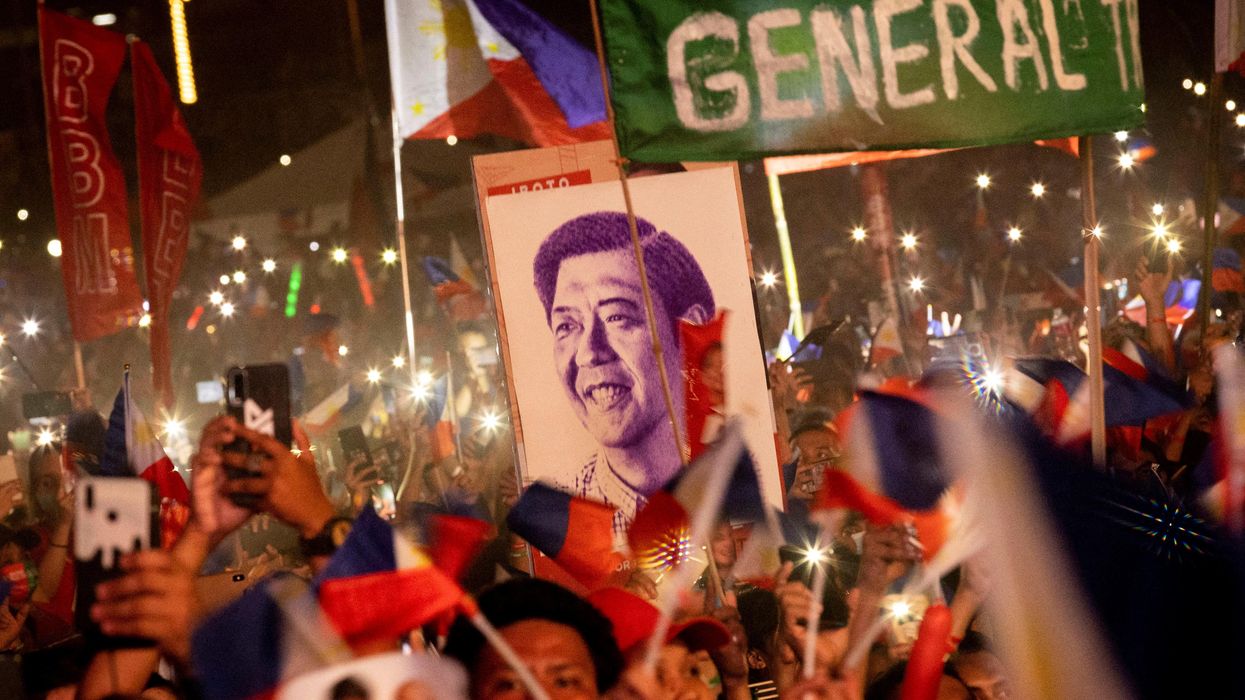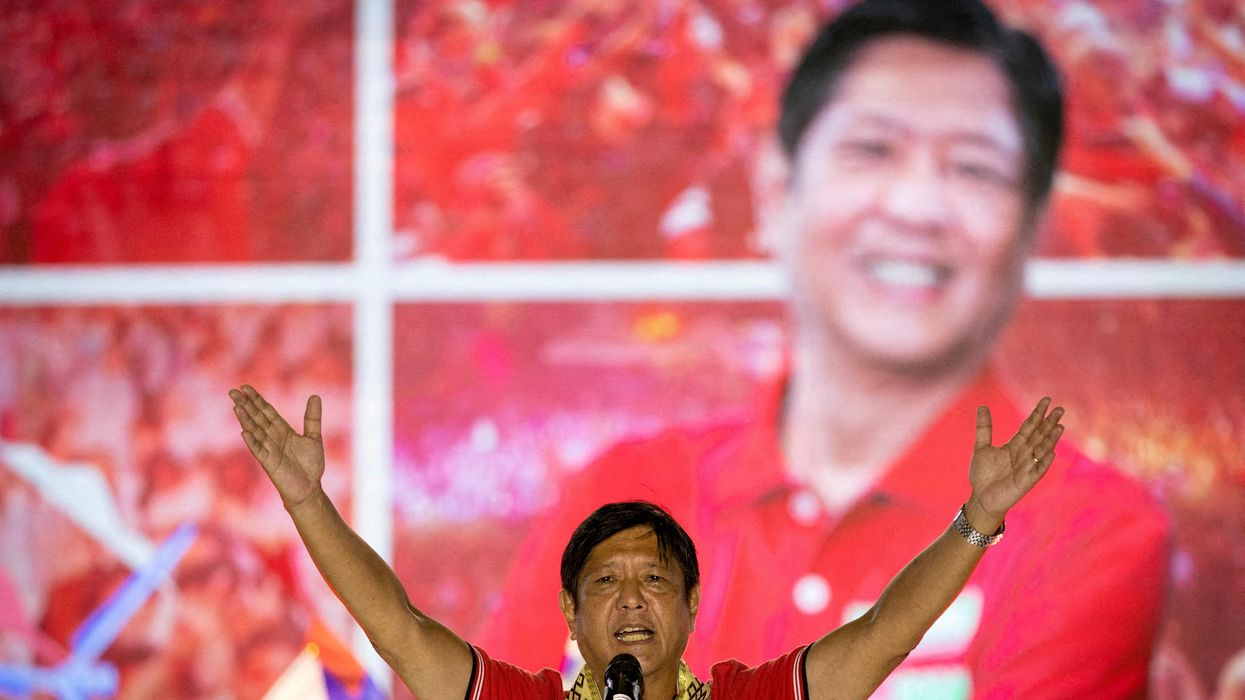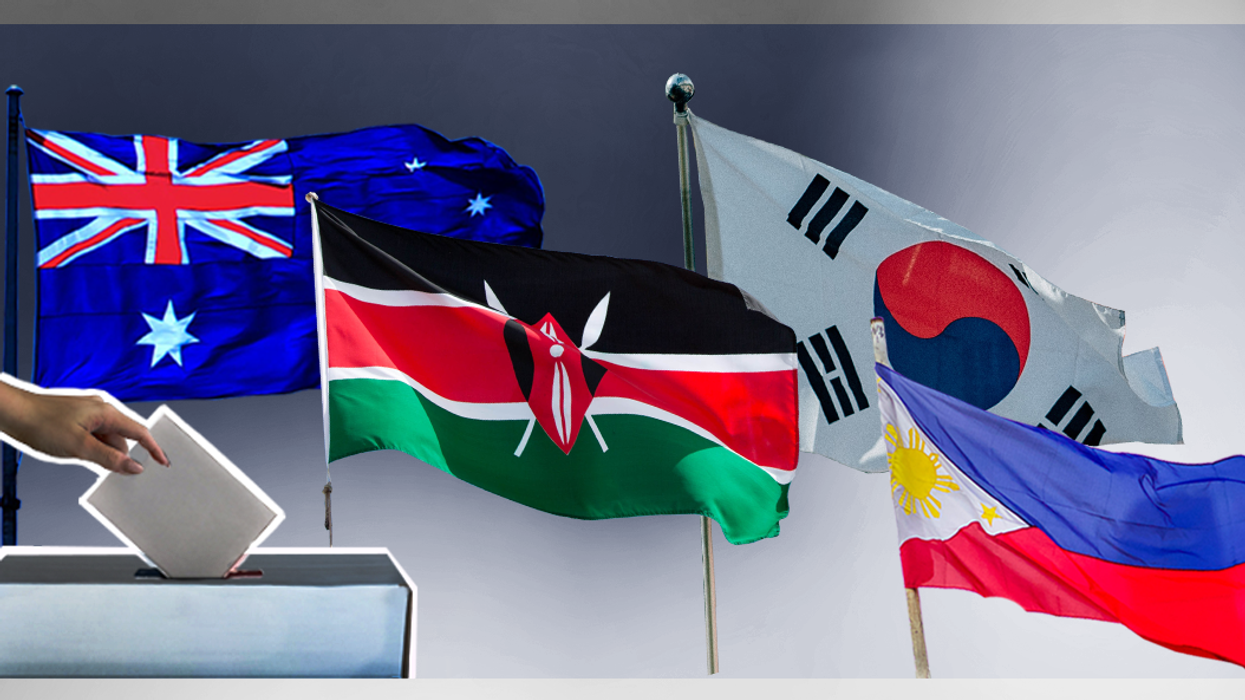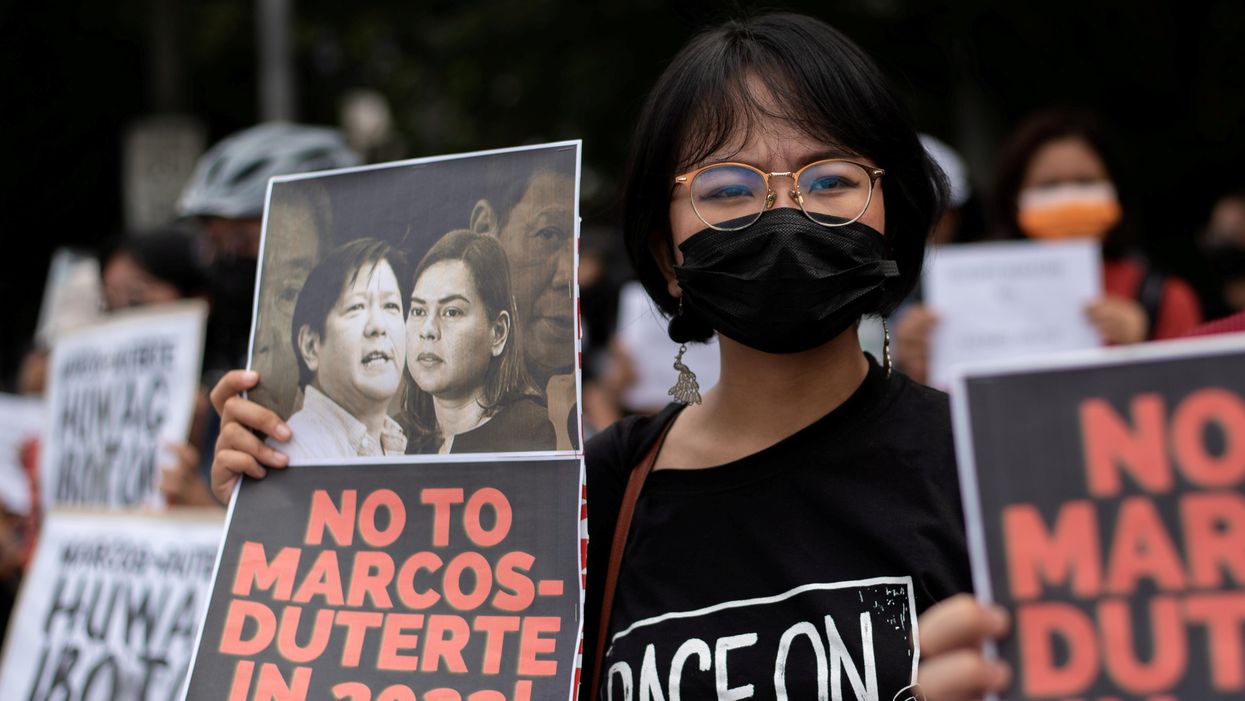popular
After China pretends to invade Taiwan, US & Philippines rehearse war against ... China
The US and the Philippines have held annual Balikatan (shoulder to shoulder) joint military drills since 1991. But this year's exercise is a bigger deal than usual.
Apr 12, 2023
